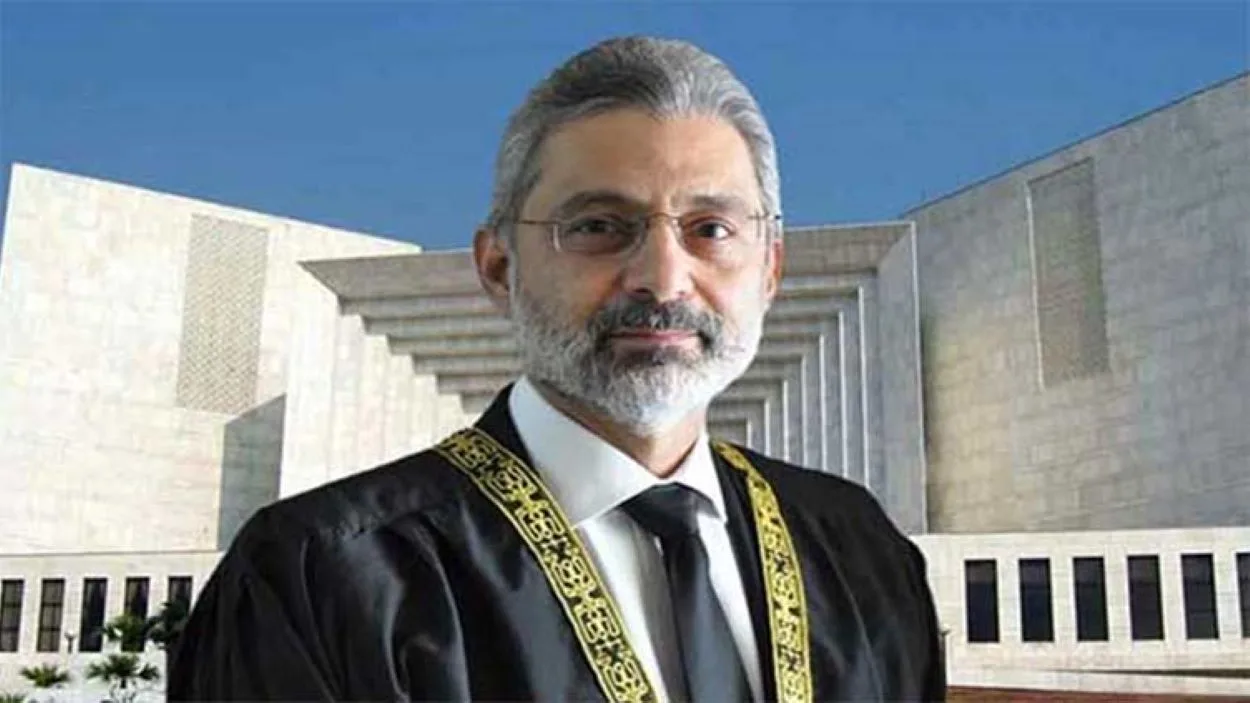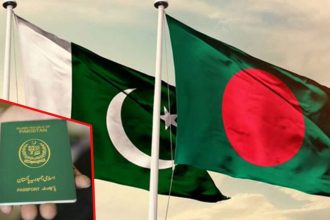Justice Qazi Faez will be sworn in as the 29th Chief Justice of Pakistan on Sunday. A good atmosphere could potentially mitigate the perception of a polarised Supreme Court. Nevertheless, Justice Isa may face a significant obstacle during his tenure as the Chief Justice of Pakistan (CJP), which pertains to consolidating the court and reinstating its reputation to prevent criticism of its judgements.
The Process of Bench Formation
Assembling a specific panel of judges with similar perspectives to adjudicate constitutional cases of significant public relevance has garnered substantial criticism directed towards the highest judicial body. There has been a prevailing sentiment that the involvement of senior judges has been insufficient in the composition of judicial panels to achieve desirable outcomes in legal processes.
Justice Isa will commence his tenure on Monday by addressing a series of concerns about the Supreme Court (Practise and Procedure) Act 2023. This legislation mandates the establishment of panels consisting of three experienced judges to handle cases of constitutional significance to the public. On April 13, an eight-judge court led by the Chief Justice of Pakistan, who was about to retire, temporarily halted the implementation of the Supreme Court (Practise & Procedure) Act, 2023.
A commission led by Justice Isa questioned the formation of a bench presiding over a series of six challenges against the probe body established to investigate the audio leaks. The commission stated that the bench hearing the case did not adhere to the requirement of being determined by a three-member committee of judges, as mandated by the suspended act. According to the statement provided by the commission, the petitions contesting the audio commission were not addressed before the formation of the bench by the committee of judges. Consequently, these petitions are ineligible for consideration until the committee decides on the appropriate bench to adjudicate them.
Civilians Trial in Military Courts
According to an anonymous senior counsel, Justice Isa may encounter a significant challenge as the Chief Justice of Pakistan (CJP) when the issue of holding general elections within 90 days after the dissolution of the national and provincial parliament is brought before the Supreme Court. Furthermore, he will need to sustain a functional rapport with the executive.
President Arif Alvi has requested the Election Commission of Pakistan to solicit an opinion from the Supreme Court regarding the feasibility of conducting general elections concurrently. Regarding the forthcoming hearing concerning the trial of civilians within military courts, the council expounded upon the notion that the case may not provide a significant obstacle for him. However, considering the full court and Justice Isa’s prior expression of his position in a previous case, it is plausible that he may opt to preside on the bench.
In an opposing opinion about military courts in August 2015, Justice Isa observed that the 21st Amendment fails to subject civilians to military jurisdiction effectively. Additionally, Justice Isa said that implementing the Anti-Terrorism Act 1997 will aid in curbing terrorism and securing the conviction of individuals involved in acts of terrorism.
Justice Isa will face an additional obstacle in addressing the substantial backlog of more than 56,000 cases.
Justice Isa is confronted with numerous problems as Pakistan’s newly appointed Chief Justice. These challenges encompass the imperative tasks of consolidating the court, reinstating its legitimacy, and addressing the backlog of pending cases. Nevertheless, he possesses a comprehensive understanding of the intricacies of court dynamics and exhibits a notable proficiency in managing cases of a delicate nature. I apologise, but it seems that your message is incomplete. Could you please provide more information?






